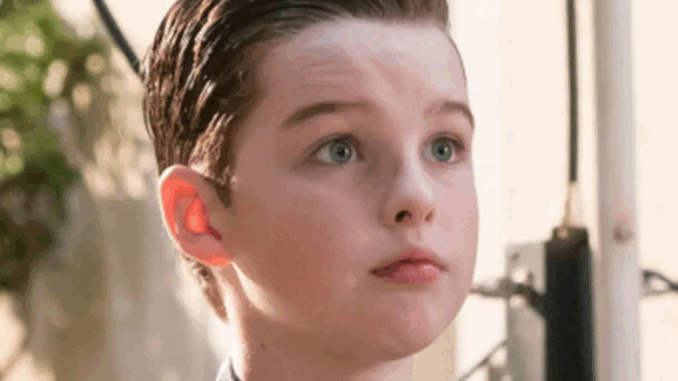
Every great TV family has its wildcard — the unpredictable, unfiltered, fiercely loyal figure who defies the rules. In Young Sheldon, that role belonged to one unforgettable woman: Meemaw.
Played with scene-stealing brilliance by Annie Potts, Connie Tucker — better known as Meemaw — was more than just Sheldon’s grandma. She was the show’s rebel heart, its comic relief, and one of its most surprisingly layered characters.
As the series comes to a close, Meemaw stands tall as a fan favorite and an essential piece of the Cooper family puzzle.
Poker, Whiskey, and No Filter
When Meemaw first strutted onto the screen, sunglasses on and sarcasm locked and loaded, she immediately broke the mold of what a TV grandma should be. She gambled, drank, flirted, and called out nonsense wherever she saw it — including in her own daughter’s strict religious views.
But beneath the sass was a deeply perceptive woman who understood her family better than they often understood themselves.
Meemaw didn’t just support Sheldon — she got him. She was patient with his quirks, amused by his genius, and never once tried to change him. Their bond, often humorous, was also rooted in real mutual respect.
The Weight Behind the Wit
What made Meemaw such a rich character wasn’t just her sharp tongue — it was the pain behind her punchlines.
A widow, a working-class woman, and a single parent to Mary after her husband’s early death, Meemaw carried quiet trauma with grace. She masked her heartbreak with jokes, buried her stress in poker nights, and poured her love into her grandchildren — even if she rarely said the words aloud.
One of the show’s most poignant arcs involved Meemaw watching her family slowly outgrow her — Sheldon heading to college, Georgie starting a business, Missy becoming independent — and realizing the time when she was the glue was passing.
Love, Loss, and Her Late-Life Romance

Meemaw’s relationship with Dale Ballard (Craig T. Nelson) added new dimensions to her character. What began as an awkward flirtation between two stubborn, aging people turned into a touching portrayal of late-life companionship — full of humor, heartache, and hard-earned wisdom.
The ups and downs of their relationship showed that love doesn’t stop after a certain age, and that even the most self-reliant people sometimes need someone to lean on.
Their scenes — full of bickering and tenderness — became some of the show’s most unexpectedly moving moments.
A Voice of Realism in a Family of Extremes
In a household where science, religion, and generational divides constantly clashed, Meemaw was the character who called things like she saw them. She didn’t have Mary’s piety, George Sr.’s quiet endurance, or Sheldon’s logic — but she had common sense and life experience.
She often played mediator, especially during family meltdowns. And unlike many TV matriarchs, she was allowed to be messy — to make mistakes, hold grudges, and admit when she was wrong.
That complexity made her real. And relatable.
Annie Potts: The Show’s Secret Weapon
A seasoned actress with decades of iconic roles behind her, Annie Potts brought humor, grit, and undeniable charisma to Meemaw. She turned what could’ve been a one-note “sassy grandma” into a woman with bite, history, and heart.
Potts’s delivery of even the simplest lines could steal a scene. And in moments of grief — especially after George Sr.’s death — her subtle emotional depth helped anchor the show in realism.
Fans have often said that without Meemaw, Young Sheldon wouldn’t feel like the same show. They’re absolutely right.
Legacy of a Legend
Connie Tucker may not have built rockets or solved equations, but she understood people. She supported her family not with accolades or sermons, but with presence — consistent, loving, and brutally honest presence.
As viewers say goodbye to Young Sheldon, they won’t just remember Sheldon’s genius or Mary’s faith. They’ll remember Meemaw — sitting at a poker table, sipping whiskey, dishing out advice, and reminding us that wisdom isn’t always book-learned.
Sometimes, it’s hard-won in life’s toughest trenches.
